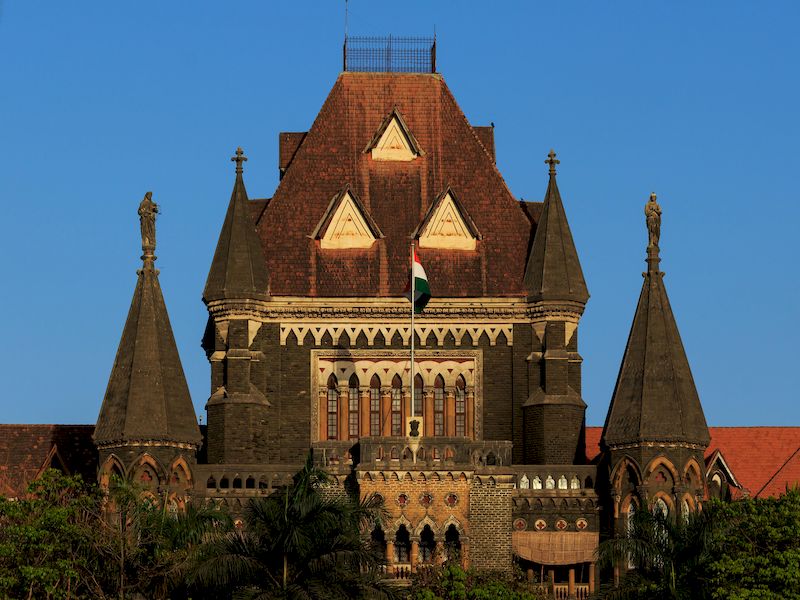The Bombay High Court recently ruled against a cooperative housing society that sought to restrict membership transfers, reaffirming that societies cannot impose conditions overriding the Maharashtra Cooperative Societies (MCS) Act, MCS Rules, and Bylaws. This decision impacts over 1.2 lakh housing societies across Maharashtra, emphasizing that general body resolutions cannot override statutory provisions.
Case Background
The case involved Kendriya Vihar Co-operative Housing Society Ltd. in Pune, which comprises 307 flats. The society’s general body had resolved that flat transfers could only occur between government employees. If a non-government employee purchased a flat, their membership application would be denied.
Challenging this restriction, flat buyers, represented by Advocate Shreeprasad Parab, approached the Deputy Registrar of Cooperative Societies, Pune, in February 2024. The Deputy Registrar ruled in favor of the flat buyers, leading the society to appeal before the Divisional Joint Registrar, who upheld the ruling on July 11, 2024. The society further challenged the decision in the Bombay High Court.
Bombay HC Verdict
Justice Sandeep V. Marne held that since there are no restrictions in the society’s bylaws against transferring flats to non-government employees, the society could not deny membership to such individuals. The judgment reaffirmed that cooperative housing societies must adhere to the MCS Act and cannot make arbitrary decisions regarding membership transfers.
Petitioner’s Stand
Subhash Gargote, a businessman and the petitioner in the case, had purchased a flat in the society two years ago but was denied membership. He welcomed the ruling, stating:
“I am happy that the Bombay High Court has given me relief. The managing committee had arbitrarily decided that membership would be given only to central government employees. Housing societies cannot take frivolous decisions and must adhere to the MCS rules, acts, and bylaws.”
Misconceptions and Legal Clarifications
Advocate Parab highlighted a common misconception among housing societies:
“Managing committees often believe that general body resolutions are binding on all members. However, Section 72 of the Maharashtra Co-operative Societies Act, 1960, clearly states that the general body’s authority is subject to the provisions of the Act and its rules.”
Common Violations by Housing Societies
Many housing societies violate legal provisions by imposing restrictions beyond what is permitted under the MCS Act. Some common illegal practices include:
- Redevelopment Decisions: Societies appoint developers for redevelopment without transparency, fairness, or due process.
- Transfer of Membership: Societies impose restrictions based on community, profession, or charge excessive transfer fees.
- Non-Occupation Charges: Societies levy unlawful non-occupation charges beyond prescribed limits on flats rented out on a leave-and-license basis.
- Restrictions on Bachelors: Many societies prohibit bachelors from renting flats, which violates rental rights.
What the Law States on Membership Transfers
- Eligibility for Membership:
- Any individual, legal entity, or firm that qualifies under the Indian Contract Act, 1872, is entitled to become a housing society member.
- Societies cannot deny membership without sufficient cause.
- Restrictions on Membership Transfers:
- As per Section 154 B-7 of the MCS Act, the only valid reasons to restrict membership transfer are:
- Unpaid dues of the society.
- If the transferee has not applied for membership in due course.
- As per Section 154 B-7 of the MCS Act, the only valid reasons to restrict membership transfer are:
Impact of the Bombay HC Decision
This ruling sets a precedent for cooperative housing societies across Maharashtra, reinforcing that general body decisions cannot override legal provisions. Societies must align their policies with the MCS Act, preventing arbitrary and discriminatory membership restrictions.
Conclusion
The Bombay High Court’s decision is a significant step toward ensuring fair practices in cooperative housing societies. Flat owners and buyers are encouraged to challenge unlawful membership restrictions and seek legal recourse if necessary. Housing societies must ensure compliance with the MCS Act, MCS Rules, and Bylaws, fostering transparency and fairness in operations.





